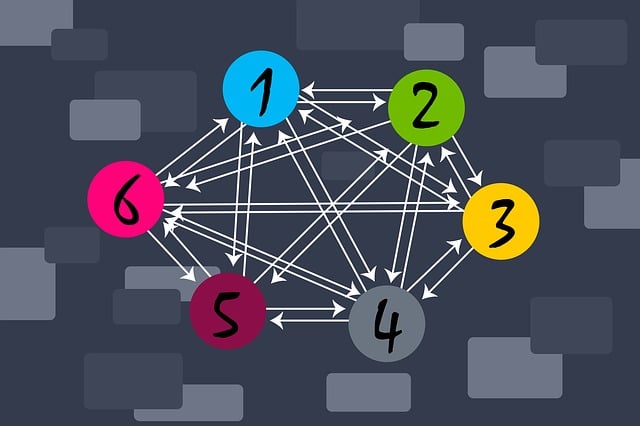AI-powered search (AIS) is transforming information access and analysis through advanced algorithms, providing users with faster, more accurate results. In today's digital era, AIS solutions leverage machine learning to understand context, intent, and behavior, revolutionizing industries like healthcare, finance, e-commerce, and education. Implementing an AIS requires strategic planning, understanding user needs, and tailoring search architectures for specific goals. Continuous monitoring, refinement, and testing ensure the system maintains accuracy and relevance in a dynamic landscape.
In today’s data-saturated landscape, effective search intelligence is vital. This article explores the transformative power of ai-powered search solutions, delving into its core concepts and showcasing how it benefits various industries and user experiences. We’ll navigate strategies for implementation and optimization, highlighting best practices for successful integration. Discover how AI search can revolutionize your information retrieval processes and enhance overall efficiency.
- Understanding AI-Powered Search: The Core Concepts and Benefits
- How Search Intelligence Solutions Transform Industries and User Experiences
- Implementing and Optimizing: Strategies for Effective AI Search Integration
Understanding AI-Powered Search: The Core Concepts and Benefits

AI-powered search is transforming how we interact with information, revolutionizing the way data is accessed and analyzed. At its core, this technology leverages artificial intelligence algorithms to enhance traditional search capabilities. These algorithms can understand natural language queries, interpret user intent, and deliver highly relevant results tailored to individual needs. This personalized approach ensures that users find exactly what they’re looking for faster and more efficiently than ever before.
The benefits of AI-powered search are multifaceted. Firstly, it improves accuracy by minimizing irrelevant results, saving users time and effort. Secondly, it enables advanced filtering and sorting options, allowing for more precise searches. Moreover, these solutions can learn from user behavior, continually refining their algorithms to offer even better suggestions over time. This dynamic nature fosters a continuous improvement loop, ensuring that search intelligence remains at the forefront of information retrieval in today’s digital landscape.
How Search Intelligence Solutions Transform Industries and User Experiences

In today’s digital age, Search Intelligence Solutions (SIS) powered by AI are transforming industries and user experiences alike. These innovative tools go beyond traditional search capabilities by understanding context, intent, and user behavior, delivering highly personalized results that enhance productivity and satisfaction. By leveraging machine learning algorithms, SIS can analyze vast amounts of data in real-time, enabling businesses to provide instant answers to complex queries and make data-driven decisions more efficiently.
The impact is profound: from healthcare and finance to e-commerce and education, SIS are revolutionizing how information is accessed and utilized. In the former, they assist doctors in diagnosing patients by quickly pulling relevant medical research and patient records. In retail, they power recommendation engines that suggest products based on individual browsing histories, boosting sales and customer loyalty. Moreover, AI-powered search improves user experiences by reducing friction points, making navigation seamless, and ensuring that even obscure or complex queries yield useful results.
Implementing and Optimizing: Strategies for Effective AI Search Integration

Implementing and optimizing an AI-powered search solution is a strategic process that requires careful planning to ensure maximum efficiency. The first step involves assessing your organization’s unique needs and data landscape. This includes understanding the types of queries your users execute, the structure of your information assets, and any specific industry or domain requirements. Once this analysis is complete, you can tailor an AI search architecture that aligns with your goals, whether it’s enhancing user experience, improving operational efficiency, or both.
To optimize performance, regularly monitor and refine your AI-powered search system. Utilize machine learning algorithms to adapt to evolving information patterns and user behavior. Fine-tune search algorithms, update indexing strategies, and adjust ranking parameters based on feedback loops and analytics insights. Continuously testing and iteratively improving your search solution ensures it remains effective in a dynamic environment, delivering accurate and relevant results to end-users.
Search intelligence solutions, powered by AI, are revolutionizing how we interact with information. By understanding core concepts and benefits, industries can harness their potential to transform user experiences. Through effective implementation strategies, organizations can optimize AI-powered search, providing efficient, relevant results and staying ahead in today’s data-driven world.
